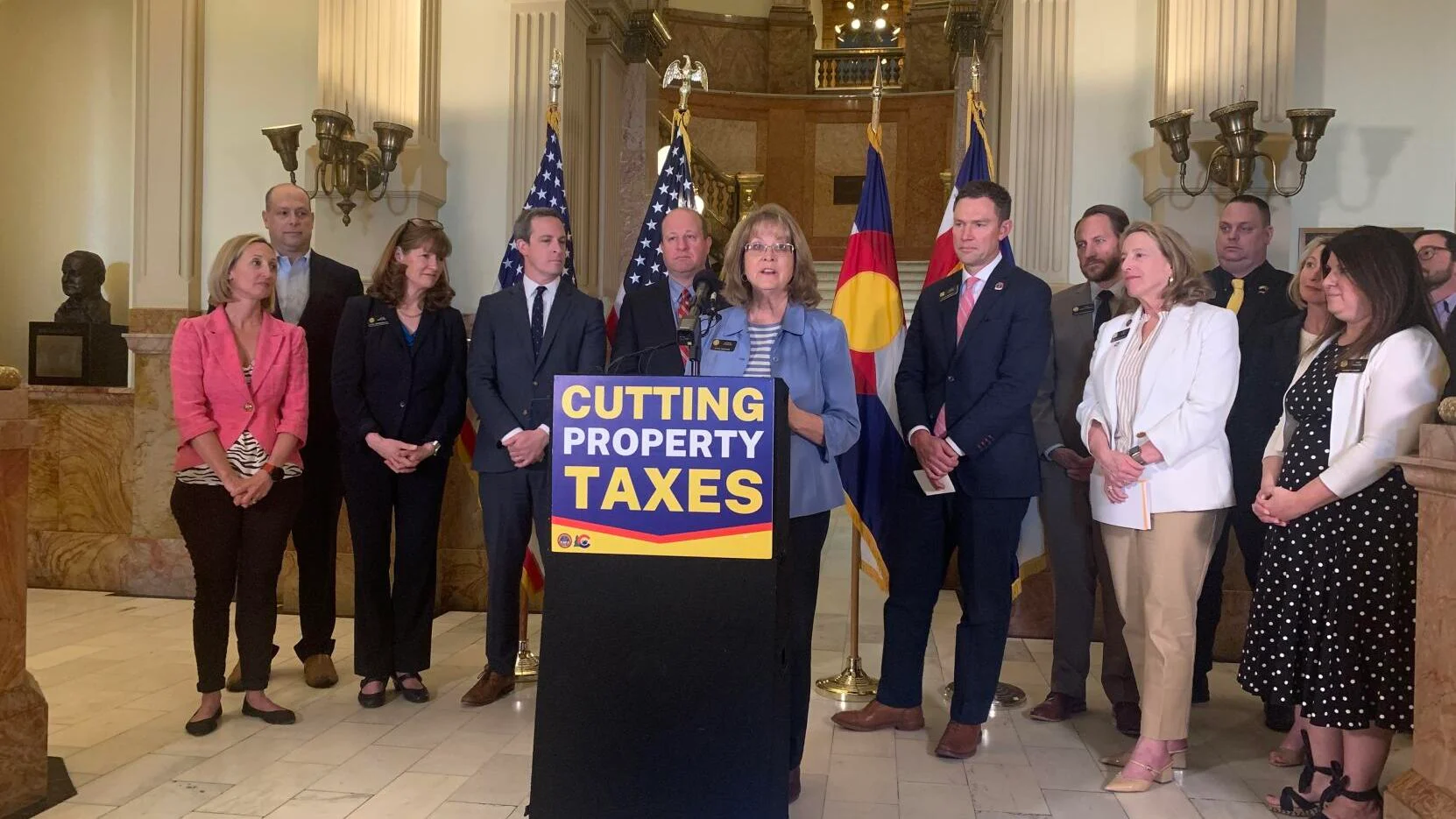In a bipartisan effort, Colorado lawmakers have come to an agreement on a property tax bill just days before the end of the legislative session. The bill, hailed as a compromise between leading Republicans and Democrats, aims to provide relief to property owners while ensuring sustainable funding for essential services.

Republican state Sen. Barb Kirkmeyer and Democratic state Sen. Chris Hansen were key figures in the negotiations that led to the bill’s formulation. The proposed legislation extends a temporary reduction for 2023 for another year and introduces new rates and exemptions, which sponsors claim will be permanent starting in January 2026.
One of the significant provisions of the bill is the reduction of the commercial tax rate to 25% over three years. Additionally, there will be two residential tax rates: 7.15% for school funding and 6.95% for other local governments. Homeowners will also benefit from a deduction of 10% of their home’s value, up to $70,000, from taxation.
However, not everyone is entirely satisfied with the proposed bill. Critics, including Michael Fields of the conservative group Advance Colorado, argue that the bill’s cap on property tax revenue increases at 5.5% isn’t stringent enough. They propose alternative ballot measures that would lower the tax rate to 5.7% and cap revenue increases at 4%.
Despite differing opinions, lawmakers assert that the bill will provide over $1 billion annually in tax relief. Governor Jared Polis commended the bipartisan effort, acknowledging that while the agreement may not please everyone, it addresses the underlying issues.
It’s worth noting that the bill exempts certain entities from the revenue cap, such as schools and debt by special districts. This exemption has raised concerns among some groups, including fire districts, who rely heavily on property taxes for funding.
In the coming days, the property tax bill will undergo further scrutiny and debate as it moves through the legislative process. With its potential to deliver significant savings to property owners while ensuring essential services remain funded, the bill represents a delicate balance between competing interests in Colorado’s fiscal landscape.